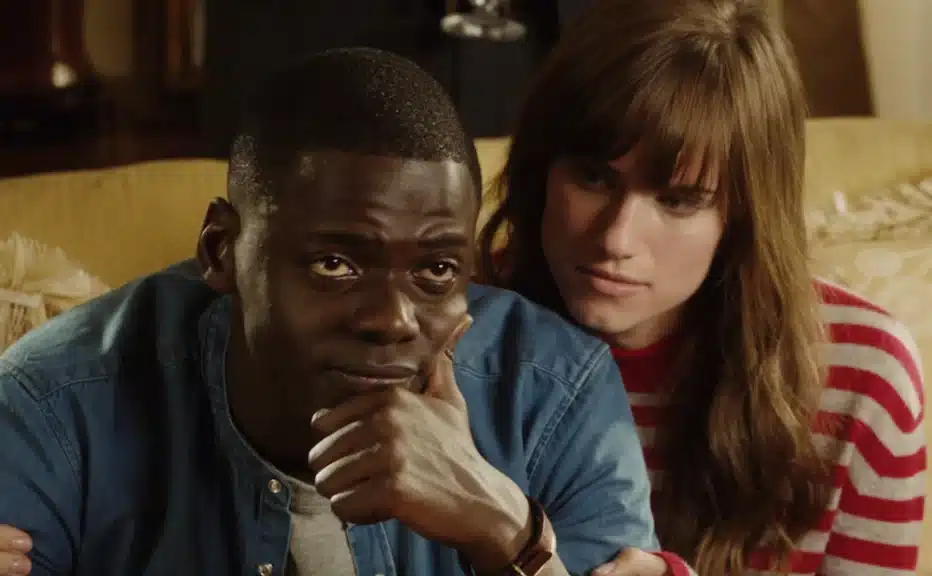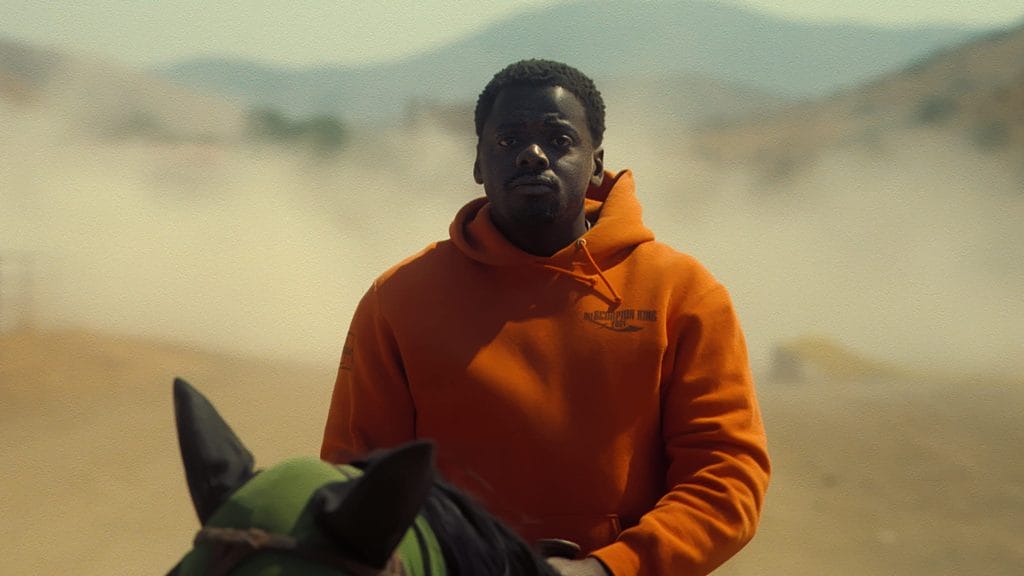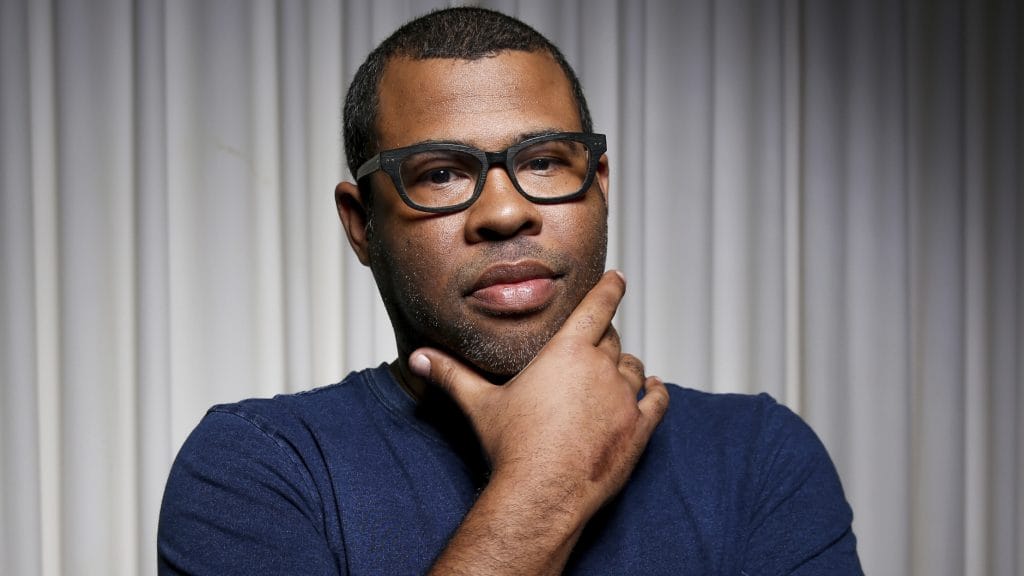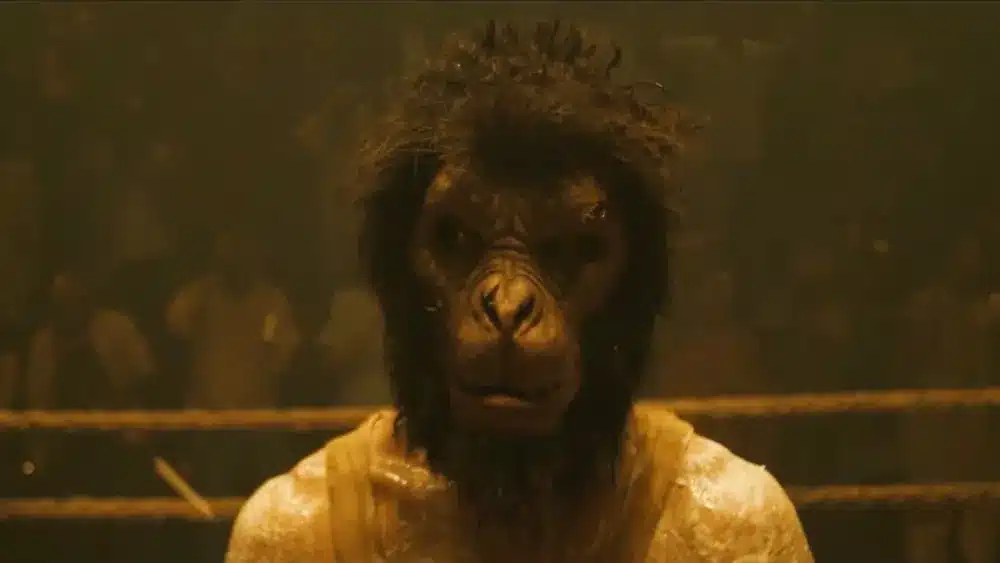In the ever-evolving landscape of cinema where trends come and go, originality is seemingly hard to come by. But Jordan Peele has emerged as a visionary force, reshaping the boundaries of the horror genre and beyond. Peele recently bought the rights to Dev Patel’s directorial debut, Monkey Man. Monkey Man is an action movie, a revenge story with Patel’s character trying to avenge his mother’s death. At first glance, it doesn’t fit with Peele’s other works. However, Patel’s emphasis on cultural and societal commentary impressed Peele enough to convince him it deserves a theatrical release.
How “Get Out” Became a Cultural Phenomenon

Peele’s journey to becoming a groundbreaking filmmaker is as fascinating as his films themselves. Initially known for his comedic prowess alongside Keegan-Michael Key in the sketch comedy series Key & Peele, he surprised audiences with his directorial debut, Get Out (2017). The film made a huge impact, combining horror with social commentary on race relations in America. Its critical and commercial success catapulted Peele into the realm of auteur directors, with his name becoming synonymous with thought-provoking storytelling.
One of the most intriguing aspects of Peele’s movies are their seemingly endless layers of meaning and subtext. Get Out was lauded for its exploration of race and the insidious nature of liberal racism. Given the trailers, it’s safe to assume that Monkey Man will tackle its own set of topics: identity, class, and power dynamics. After all, one of the standout lines in the trailer is, “The rich don’t see us as people.”
Another hallmark of Peele’s filmmaking is his meticulous attention to detail. From the meticulously crafted sets to the hauntingly atmospheric soundtrack, every element of his films serves a purpose in advancing the narrative and enhancing the viewing experience. Get Out encourages audiences to watch it multiple times. The exact same scene can have a completely different tone and meaning if the viewer knows the full story.
The most famous example is the argument at the very beginning with the police officer. On a second viewing, it’s clear that Rose (Allison Williams) was really trying to stop him from discovering where she was taking Chris (Daniel Kaluuya).
How Nope Widened Jordan Peele’s Appeal

Jordan Peele’s next major hit was Nope (2022). At its core, Nope is a meditation on fear and showmanship. It shows how a desire to know more can destroy people – the being hunting the main characters can never be looked at directly . Peele explores how trauma manifests in different individuals and communities and the ways in which it can be manipulated for nefarious purposes.
Audiences thought Us was too similar to Get Out with its bait-and-switch formula, so Nope was much better received. It had a much larger scale, a different setting, and a strange, unnerving final set piece.
Monkeypaw Producations’ Impact on Cinema

Peele’s influence extends beyond the confines of the horror genre. His work has sparked discussions not only about race but also about the role of genre cinema in addressing societal issues. By using horror as a vehicle for social commentary, Peele has demonstrated the power of genre storytelling to provoke thought and foster meaningful dialogue.
Moreover, Peele’s success has paved the way for other filmmakers from underrepresented backgrounds to tell their stories. His production company, Monkeypaw Productions, has been instrumental in providing a platform for diverse voices in the industry. Through initiatives like the Monkeypaw Fellowship, Peele has actively sought to mentor emerging talent. He supports stories and projects that push boundaries and challenge the status quo.
In many ways, Monkey Man represents the next step of Peele’s evolution as a filmmaker. It explores themes that are different on a surface level, but strikes at the same desire to expose societal flaws.













